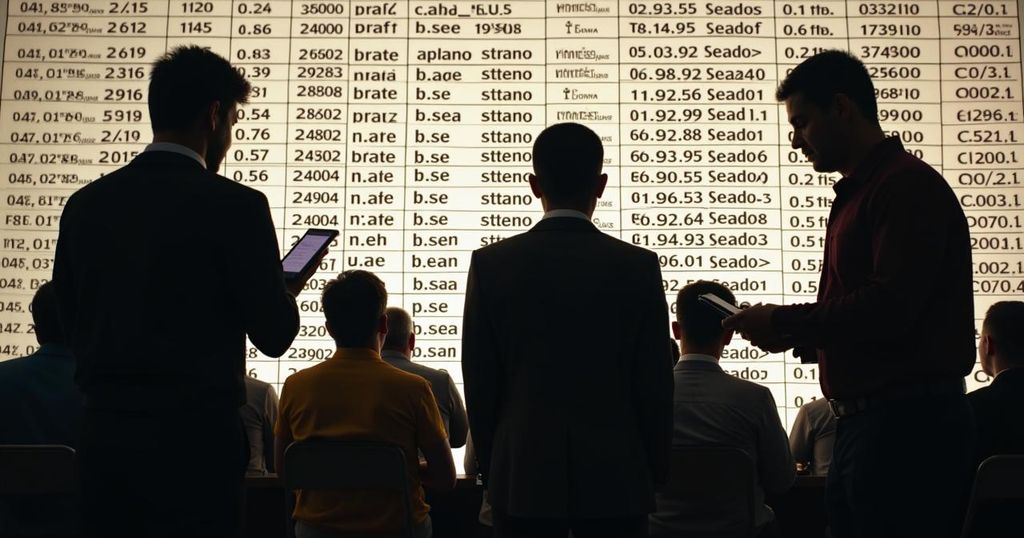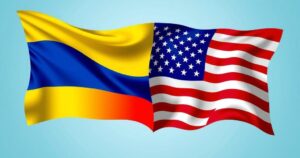Legitimacy of Tally Sheets in Venezuela’s Election Dispute Confirmed by Independent Experts

Independent election experts have validated the opposition’s tally sheets, suggesting evidence of President Nicolás Maduro’s defeat in Venezuela’s recent election. Despite claims from electoral authorities declaring Maduro the winner, the opposition secured and published significant voting data, prompting international scrutiny. The Carter Center’s representative emphasized the legitimacy of the electronic voting process while refraining from declaring a winner, underscoring the ongoing dispute over electoral integrity in Venezuela.
An independent consortium of electoral observers, including experts from the U.S.-based Carter Center, has confirmed the validity of tally sheets presented by the Venezuelan opposition, asserting these documents serve as evidence of President Nicolás Maduro’s alleged defeat in the recent presidential election. During a session organized by the Organization of American States (OAS), the experts emphasized that the electronic voting system employed during the July elections operated appropriately and indicated that both the ruling party and various stakeholders are aware of the actual results. These tally sheets, known as actas, hold significant weight in verifying election outcomes in Venezuela, akin to purchase receipts. Each of the some 30,000 electronic voting machines used in the election produced multiple copies of these tally sheets, which opposition representatives are permitted to collect once the data is sent to the National Electoral Council. Despite the ruling authorities prematurely announcing Maduro’s victory—without substantiated proof and citing a website hack as the reason for withholding detailed results—the opposition coalition managed to obtain and release the tally sheets from over 80% of the voting machines. The government subsequently accused the opposition of falsifying these documents, prompting an investigation targeting coalition members, including candidate Edmundo González. Jennie Lincoln, who led the Carter Center’s mission in Venezuela, articulated during the diplomatic session, “The voting system is electronic, but it offers a paper trail – proof of what the electronic machine reports… that is what was collected by tens of thousands of poll watchers, not just from the opposition, but also from the government party… that also has the same information.” However, she refrained from declaring a definitive outcome regarding the election, asserting that the determination rests with electoral authorities. The OAS, in tandem with several national governments, has urged Venezuela’s electoral body to release detailed voting data publicly, showcasing ongoing international scrutiny and concern surrounding the integrity of Venezuela’s electoral process.
The article discusses the disputed results of Venezuela’s presidential election held on July 28, where President Nicolás Maduro was declared the winner by ruling electoral authorities. However, this conclusion was met with skepticism by the opposition and various international observers. Central to the controversy are the tally sheets, known as actas, which are critical in verifying election outcomes in the country. The independent experts’ recent legitimization of these sheets adds weight to the opposition’s claims against the government. The involvement of the Organization of American States and various Latin American countries signifies the wider implications of this electoral dispute and calls for transparency in the Venezuelan electoral process.
In summary, independent electoral experts have validated the tally sheets submitted by the Venezuelan opposition, reinforcing claims regarding President Nicolás Maduro’s potential defeat in the July election. This situation highlights ongoing tensions regarding electoral transparency in Venezuela, drawing attention from international bodies such as the Organization of American States. The call for detailed electoral data and investigations into the opposition signifies a broader concern for democracy and governance in the region.
Original Source: apnews.com







